Effective from August 1, 2024, the 2024 Land Law has revealed a number of shortcomings related to land planning, land recovery, land allocation, completion of land databases, especially issues of land valuation and state management of land prices... Therefore, the proposed amendment of the law is expected to be submitted to the National Assembly for consideration and approval to suit the practical situation. This is expected to create positive impacts on transparency in land valuation and real estate market operations.
On a global scale, land is always considered a basic resource of every economy . Land valuation is very important in determining the financial obligations of land users to the State and calculating compensation when the State reclaims land.
China
In China's legal system, land ownership belongs to the entire people and the State is the representative manager. Individuals, businesses or organizations do not have absolute ownership of land but can only be granted the right to use it for a certain period of time, commonly from 40 to 70 years depending on the purpose. Because of this characteristic, the land pricing mechanism in China has a different color compared to countries with a completely market mechanism.
The most common way to determine land prices in China is through public auctions of land use rights. Local governments, which are directly responsible for holding and allocating land, will set a starting price based on a land price list issued periodically by the State. This price list acts as a macro-management tool, helping the government control the market and ensure budget revenue from land. However, in reality, the winning bid price is often much higher than the starting price, reflecting the huge demand from real estate companies as well as the pressure of land scarcity in large cities such as Beijing, Shanghai and Guangzhou.

In addition to auctions, in some special cases, direct appointment or negotiation mechanisms may be applied, especially for projects of national strategic significance. In parallel, China maintains a reference land valuation system, in which the government regularly publishes standard prices for people and businesses to use as a basis for transactions, mortgages and tax calculation.
Notably, land revenue accounts for a large proportion of local budgets, so provincial and municipal governments often tend to push up land prices to increase revenue. This mechanism has contributed to the boom of the real estate market over the past years, but at the same time it has also created the risk of housing price bubbles and inequality in access to housing, showing the complexity of the land valuation problem of the world's second largest economy. In this context, the Chinese government strives to balance the goals of stabilizing the market, limiting speculation and maintaining financial resources from land.
Japan
The land pricing mechanism in Japan - a country with a land area and population size quite similar to Vietnam - is designed very tightly and multi-layered. Unlike many countries that rely solely on the market or administrative regulations, Japan simultaneously applies multiple pricing systems to both reflect the actual value of land and serve the goals of state management and social stability.
First of all, the transaction price in the real estate market is the most important basis for forming the land price level. Transactions are recorded in detail and publicly, creating a rich source of data for both managers and investors. In parallel, the Ministry of Land, Infrastructure, Transport and Tourism (MLIT) annually publishes a "standard land price index" based on surveys at tens of thousands of locations nationwide. This is considered an official standard for state agencies, banks and businesses to refer to in lending activities, property valuation or site clearance compensation.

In addition, Japan has a land price system determined by local governments, which is used as the basis for calculating land tax and inheritance tax. The combination of published prices and market prices helps ensure that land valuation is both realistic and meets the requirements of public financial management. In addition, independent valuation organizations recognized by law are also involved in this process, especially in cases where land value is required for litigation or civil disputes.
A highlight of Japan's land pricing mechanism is its high transparency and predictability. The government periodically publishes land price fluctuation indexes, thereby helping investors, people and financial institutions grasp trends, limiting speculation or real estate price inflation. At the same time, the land tax and inheritance tax systems are designed to regulate land ownership and use, avoiding excessive concentration in a few individuals or corporations. Thanks to the flexible combination of market mechanisms and reasonable State intervention, Japan maintains the stability of the land market even in periods of strong fluctuations, while ensuring social equity and sustainability in land resource management.
Singapore
Singapore is one of the countries with the most unique land management and pricing mechanisms in the world, because the majority of the land area here is owned by the State. About 90% of the land fund is held by the State and only allows individuals and organizations to use it through fixed-term lease contracts, most commonly 99 years for residential land, shorter for commercial or industrial land. This mechanism helps the government maintain absolute control over urban development and effectively regulate the real estate market.
Land valuation in Singapore is carried out by the Urban Redevelopment Authority (URA) and relevant agencies. The URA regularly conducts public auctions to allocate land use rights for commercial and residential projects, with winning bids directly reflecting market demand and competitiveness. In addition to auctions, the government also issues a standard land price list, which is updated periodically, which serves as the basis for taxation, compensation and secondary transactions. This system ensures that land prices not only reflect market supply and demand, but are also consistent with the country’s long-term urban development orientation.

An important feature of Singapore’s land pricing mechanism is transparency. The government publishes detailed auction results, transaction data and land price indexes, allowing residents and investors to easily monitor market developments. In parallel, tax tools such as stamp duty, property tax and foreign ownership restrictions are also applied to control prices and limit speculation. This mechanism contributes to keeping Singapore’s real estate market stable, avoiding excessive price increases that cause inequality in access to housing.
Thanks to tight state control, a combination of public auctions, standard price lists and a regulated tax system, Singapore has built an effective land pricing model that both ensures budget revenue and supports sustainable urban planning goals. This experience is particularly noteworthy for countries seeking to balance real estate market development with long-term social benefits.
Source: https://khoahocdoisong.vn/kinh-nghiem-dinh-gia-dat-o-cac-quoc-gia-post2149049034.html



![[Photo] Hanoi is ready to serve the occasion of the 80th National Day Celebration on September 2nd](https://vphoto.vietnam.vn/thumb/1200x675/vietnam/resource/IMAGE/2025/8/29/c838ac82931a4ab9ba58119b5e2c5ffe)


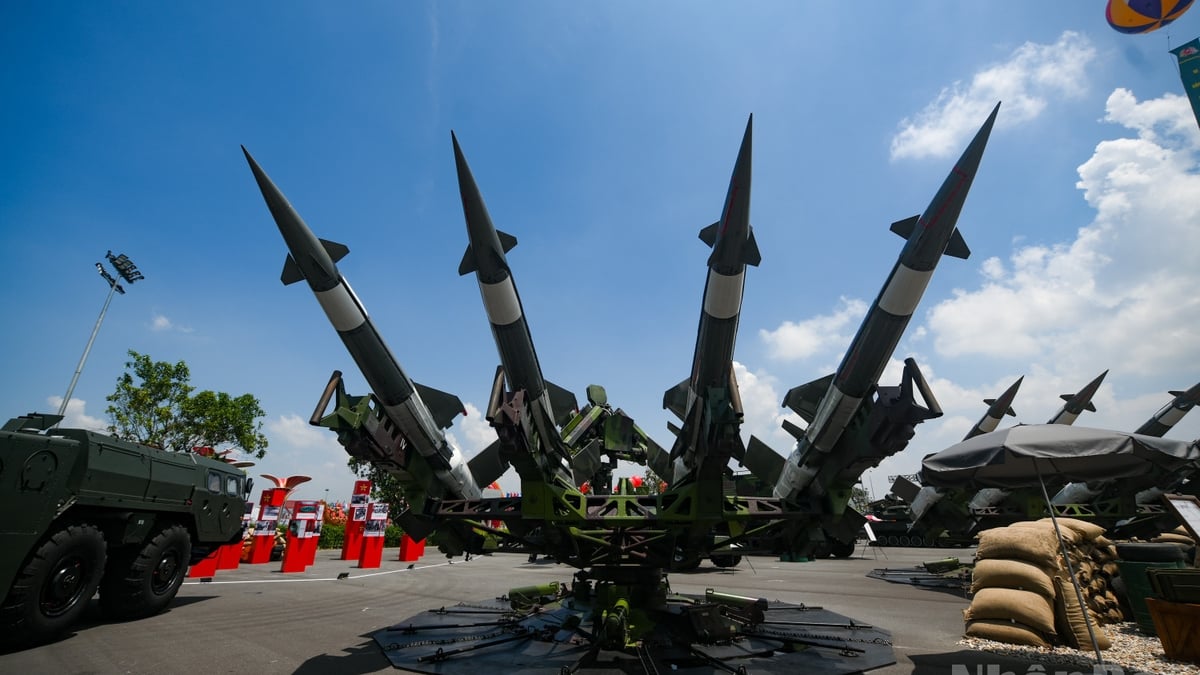

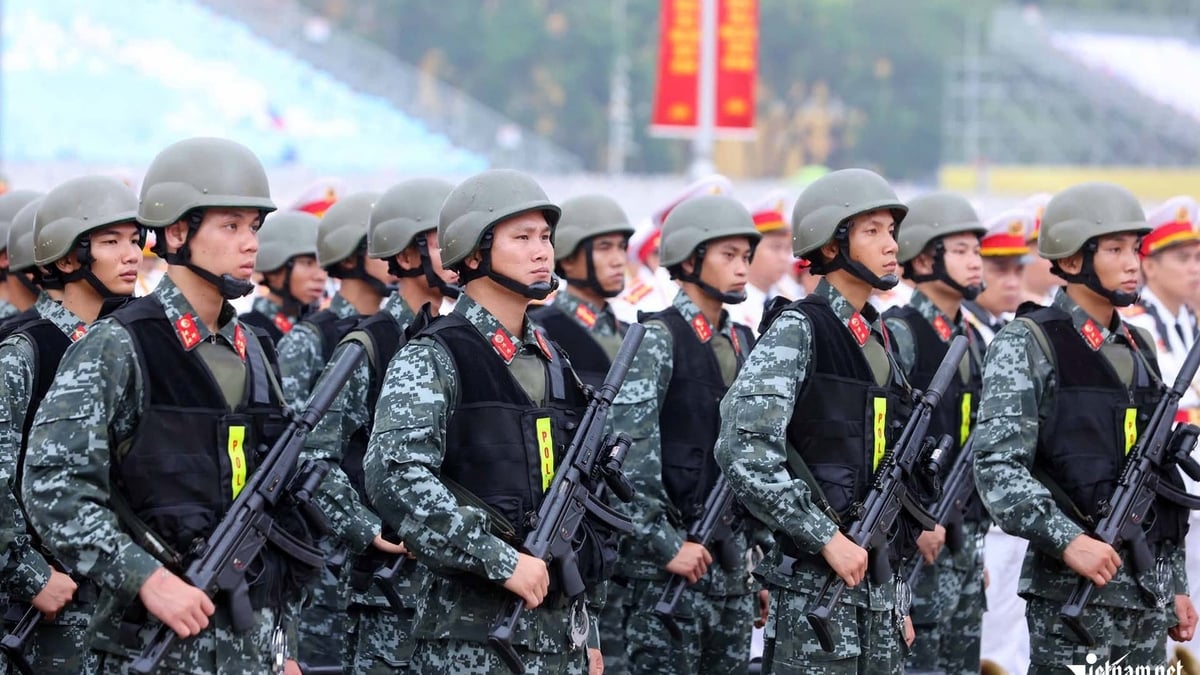


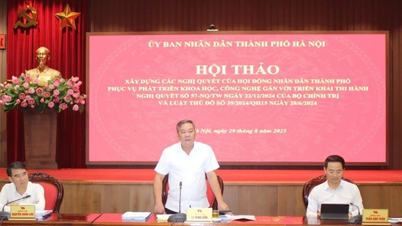


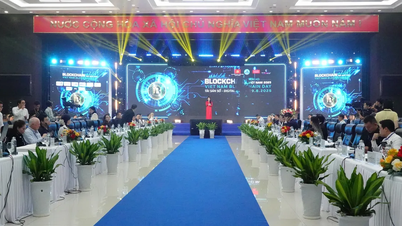











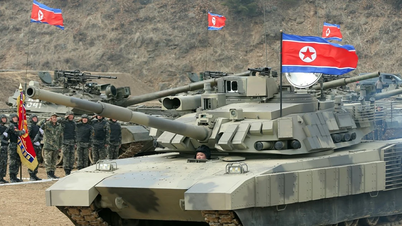









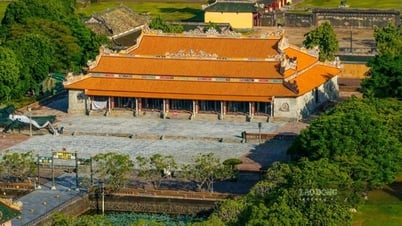


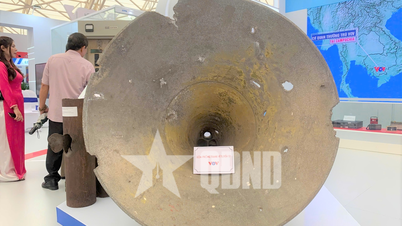



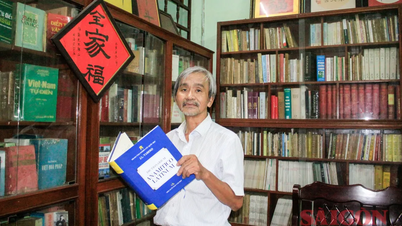









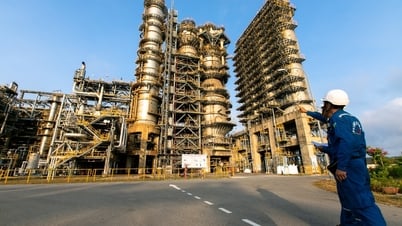








































Comment (0)